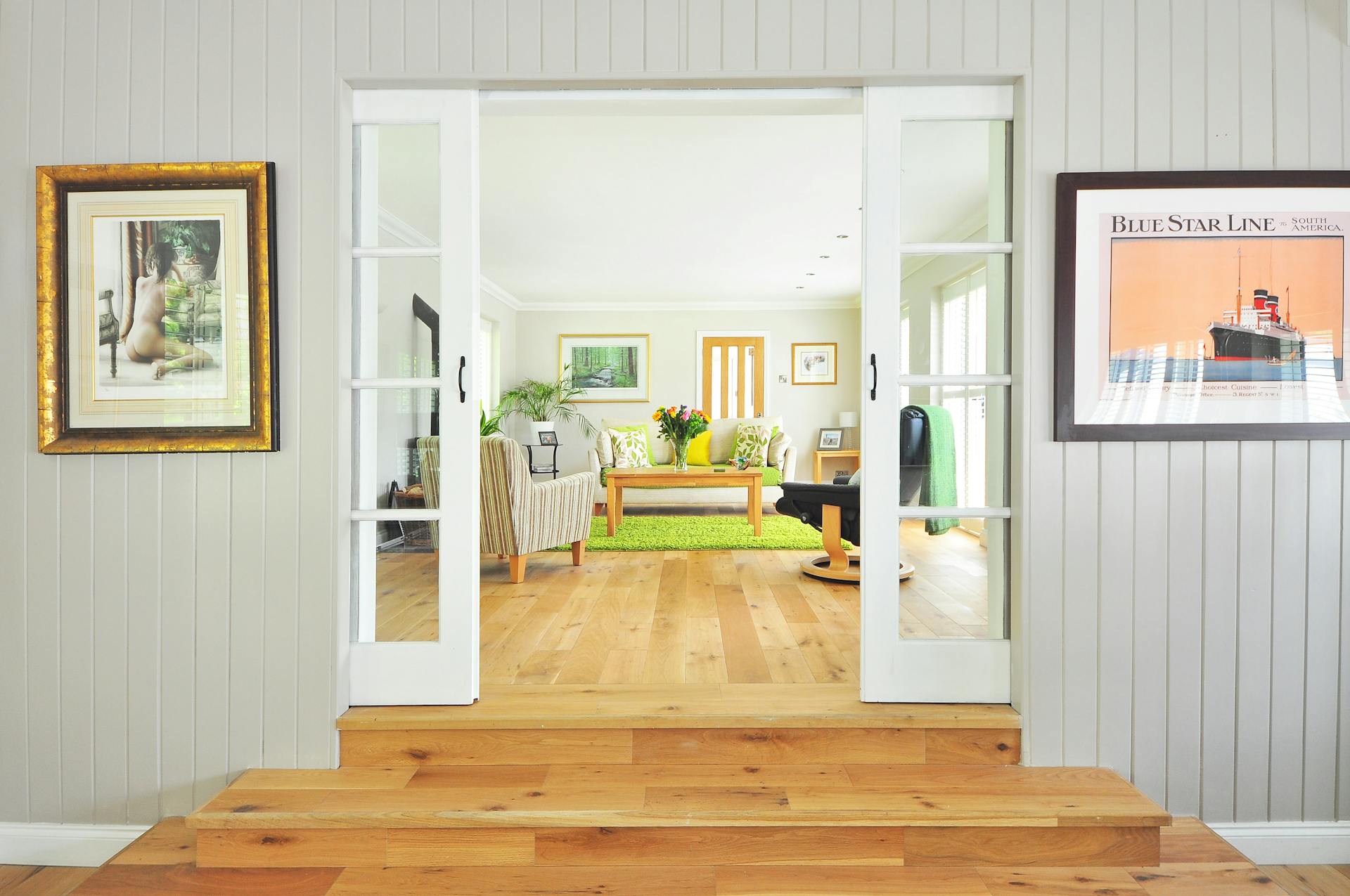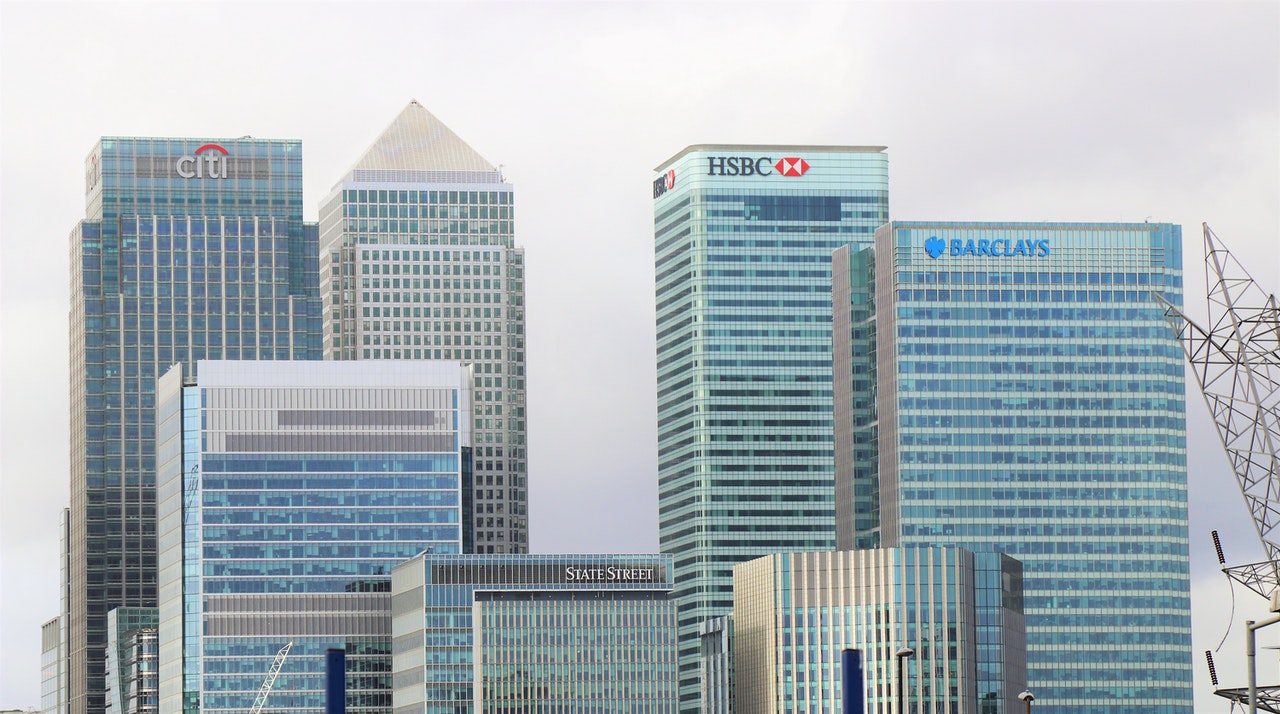When homeowners think about renovating, the idea of luxury upgrades often comes to mind. High-end finishes, unique design elements, and state-of-the-art features can make a house feel more elegant and personal. However, not every luxury improvement translates into higher resale value. In fact, some upgrades may only reflect personal taste and end up being expensive investments that future buyers do not appreciate in the same way. Understanding which renovations are more about lifestyle than market value can help you make smarter decisions when upgrading your home.
Customized High-End Kitchens

A luxury kitchen is a dream for many homeowners, but it can also become a costly mistake when over-customized. Installing imported countertops, chef-grade appliances, or highly specific layouts may appeal to you, but not to the average buyer. While kitchens are one of the most important areas of the home for resale, the return on investment decreases when renovations become too specialized. Buyers often prefer functionality and modern updates rather than extravagant finishes that inflate the price without offering practical benefits.
Spa-Like Bathrooms
Bathrooms are another popular renovation target, and luxury features like whirlpool tubs, steam showers, or floor-to-ceiling marble can feel indulgent. However, these upgrades rarely provide a full return when selling. Many buyers prioritize clean, updated bathrooms over costly spa-like designs. In some cases, extravagant upgrades can even work against you if they make a bathroom appear less functional or too tailored to a specific lifestyle. Simple renovations with quality fixtures tend to attract a wider market and deliver better value.
Smart Home Technology
While smart home features are increasingly popular, not all tech investments carry long-term value. Installing an advanced home automation system, integrated speakers, or expensive security setups may feel futuristic, but technology evolves quickly. A system that is top-of-the-line today could be outdated in a few years, leaving buyers unimpressed or even concerned about maintenance. Buyers often prefer flexible solutions that they can adapt to themselves, rather than inheriting a complex system that may no longer be supported.
Over-The-Top Outdoor Features

Luxury outdoor upgrades, such as elaborate pools, outdoor kitchens, or built-in fire features, can be enjoyable while you live in the home, but may not deliver much return. Pools, for example, can limit your buyer pool because some see them as a maintenance burden rather than a benefit. Similarly, extravagant landscaping or oversized patios may not align with every buyer’s lifestyle. While outdoor spaces are important, simpler designs that emphasize usability often prove more valuable than high-maintenance luxury features.
Specialized Rooms and Additions
Another area where homeowners overspend is in highly specific rooms, such as home theaters, wine cellars, or game rooms. While these spaces can create a sense of luxury, they appeal only to a narrow group of buyers. Many people would rather have extra bedrooms, a home office, or a general living space that they can customize according to their needs. Turning a flexible space into something overly niche may actually make the home harder to sell.
Luxury upgrades can make a home more enjoyable for your personal lifestyle, but they do not always add market value. Over-customized kitchens, spa-like bathrooms, advanced tech, outdoor luxuries, and highly specialized rooms often reflect individual preferences rather than universal appeal. When planning renovations, it is important to balance personal enjoyment with potential resale value. By investing in timeless improvements that enhance functionality and maintain broad appeal, homeowners can create a space that feels luxurious while still being attractive to future buyers.





